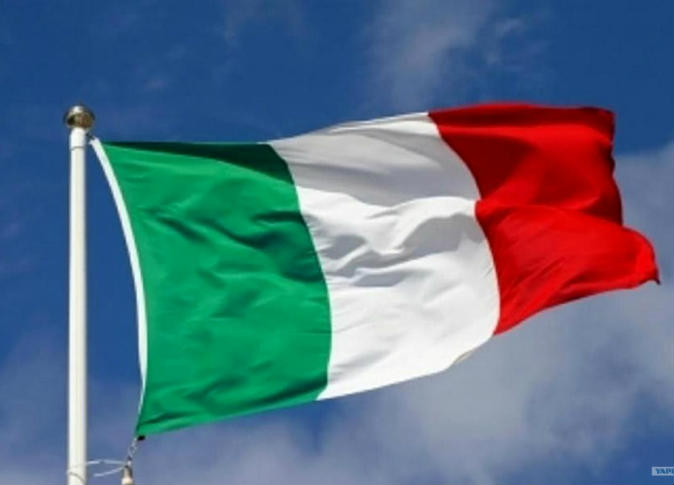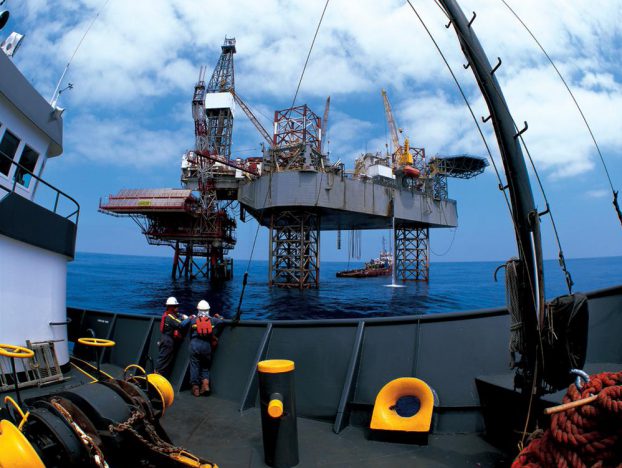Despite being owed over LE25 billion from the Ministries of Electricity, Transport and Aviation, the government has failed to repay its LE25 billion debt to Ministry of Petroleum.
The government is owed over LE25 billion from the Ministry of Electricity and the Ministry of Transport and Aviation, said Shamel Hamdy, undersecretary of the Ministry of Petroleum. These debts can be used to repay the debts in the petroleum sector, so it will not owe anything more, he added.
The increase in petroleum sector debts can be attributed to the failure of other government bodies to repay their debts, particularly in light of the subsidy provided to the Ministry of Petroleum, which rose to LE62 billion last fiscal year.
The major challenge facing the sector, he said, is the increase in the rates of petroleum consumption within the local market. Domestic consumption rose to 52 million tons, half of which was petroleum, and the other half natural gas, which was all subsidized. He claimed that despite the decrease in production expenses, the rise in consumption rates will limit any chance of recovery.
"All we ask is that the power plants are placed close to the gas pipelines, so we do not have to install new pipes at a high cost. We offered electricity officials certain sites, but they refused. Representatives from both sides are working on solving the problem," said Shamel.
In light of these problems, a decision has been made to prevent the exportation of gas until the local market has been provided with sufficient supply, he said.
Meanwhile, the government is considering a request by Jordan to increase the quantity of gas exported from Egypt to Jordan, he said, clarifying that no decision will be made until the local market has been supplied.
When asked about Israel, Shamel denied the country had made a similar request, and said the contract with Israel stipulates that the quantity provided will rise gradually, reaching 7 billion cubic meters annually, within 15 years.
In addition, the deal signed with Eastern Mediterranean Gas, which lasted until last June, included a revised price for the gas sold to Israel, he said, adding that the new clause has been applied retroactively since the first batch of natural gas was sent to Israel. An additional provision in the contract will allow for a revision of gas prices to Israel every five years.
One of the biggest challenges facing the Egyptian gas sector is the dumping policy adopted by Qatar Petroleum’s Gas-to-Liquid projects. The gas is shipped to Europe and will have a large impact on future prices.
The Ministry of Petroleum plans to increase gas production to 10 billion cubic feet within the next four years, Shamel said, up from the present 6.5 billion cubic feet. "The size of investments in the field of developing gas fields in the Mediterranean Sea will earn US$10 billion over the coming four years, US$8.5 of which will be shared with BP," he explained.
He noted that a study by Wood Mackenzie, an international consulting firm, revealed that Egypt ranks second only to Brazil in the volume of its deep water gas fields. "The future is optimistic for Egyptian gas," Shamel said.
Several Egyptian oil companies acquired contracts in Iraq and plan to build administrative buildings and housing for firms heading to the country to work in the petroleum sector. These Egyptian companies will seek tenders from large international companies, in order to implement a strong consortium in the Iraqi market.
Translated from the Arabic Edition.




